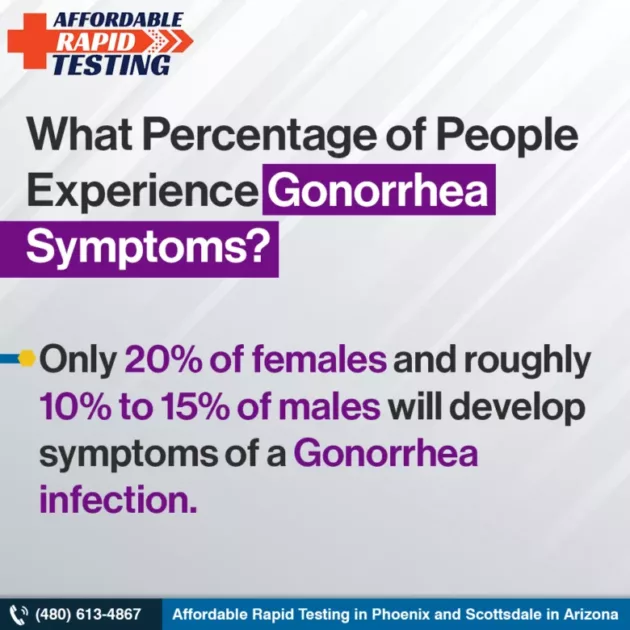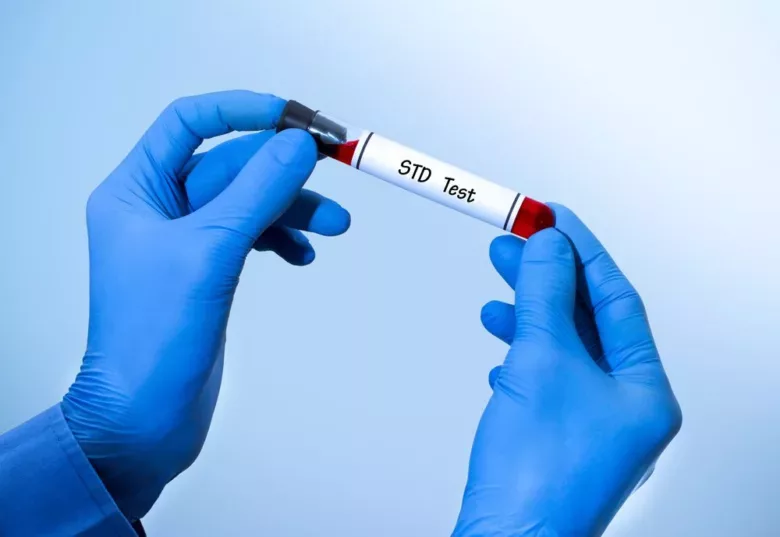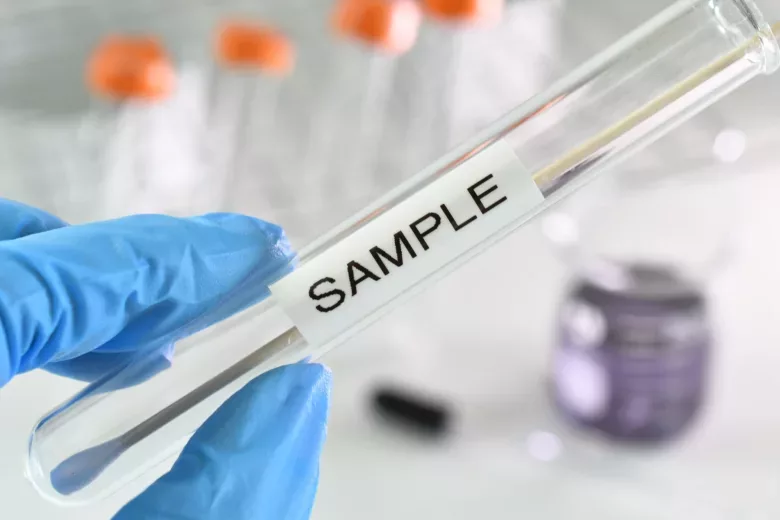The most common sexually transmitted infection (STI) after Chlamydia is Gonorrhea. In order to learn everything about this condition, let’s jump straight right into this blog. It will discuss the circumstances of its occurrence, the signs and symptoms, the cures, and the best prevention methods.
So, What is Gonorrhea?
It is one of the most common STDs, particularly affecting young people. The bacteria responsible for the contamination is known as Neisseria gonorrhoeae, which affects both men and women. The symptoms can be mild at times, resembling a urinary tract infection or yeast infection.
The worst part is that you might have Gonorrhea and are unaware of it. While antibiotics can effectively treat this sexually transmitted disease, the bacterium is rapidly developing resistance. Discover more about the causes, its symptoms, and how to avoid it.
What Are Some Short/Long-Term Symptoms Of Gonorrhea?
In men, the infection usually appears 2 to 6 days after sexual contact. In 10% of cases, this infection does not cause any symptoms, but the individuals are contagious. However, these are some examples of possible signs:
- A significant flow of pus from the genitals
- When urinating, there is a strong burning sensation
- The testicles can become swollen and painful at times
Due to the symptoms of these illnesses mimicking one another, many gonorrhea-infected women mistakenly assume they have a yeast infection or urinary tract infection. However, the potential symptoms include:
- Urinary discomfort
- Pain during a sexual encounter
- Vaginal discharge that is yellowish or bloody
- Stomach aches
In contrast, gonorrhea in the throat is also a common occurrence. Pharyngeal (throat) infections frequently cause no symptoms at all. Gonococcal conjunctivitis is another condition that results in swollen eyelids and purulent ocular discharge. Infection in men’s testicles (orchid-epididymitis) and prostate can spread if you leave the condition untreated (prostatitis).
It can enter the uterus in women and cause endometritis, which results in inflammation of the uterus and fallopian tubes as well as persistent stomach aches (salpingitis with risk of sterility). It can also lead women to develop infertility issues. More incredibly, the gonococcus can disperse remotely across the bloodstream. It has long been known that pollution at the moment of delivery causes purulent conjunctivitis in infants.
How Soon Do The Symptoms Appear?
Symptoms of Gonorrhoea often appear one to ten days after contracting the infection. Some people don’t exhibit any symptoms until several months after contracting the virus. Others, generally women, may never exhibit any symptoms.
How Do You Know If You Have Gonorrhoea?
Testing is the only surefire way to determine if you have this infection. Do not put off getting tested if you think you have chlamydia, gonorrhea, or another STD; doing so could make you feel uncomfortable or anxious.
After having engaged in any previous sexual activity, testing is the most appropriate course of action.
In addition, men who have engaged in any sexual activities with other males should be aware that their chance of contracting this disease is higher, and they should test themselves annually.
A gonorrhea test, as well as tests for other STIs, may be necessary if:
- You have multiple partners
- You have unprotected sex
- You know or suspect that your partner had/has any STI before
- There is an unusual symptom (like the ones listed above)
How Long Can You Have Gonorrhea Before You Know?
Chlamydia or Gonorrhea can be present for decades without symptoms. There are millions of people who have nodules of Gonorrhea or chlamydia but are unaware of it, continuing to infect one partner after another. That is one of the key factors contributing to the prevalence of these two diseases.
What Is The Right Treatment For Gonorrhea?
In most cases, modern antibiotics can cure gonorrhea. Keep in mind, that you can’t treat it with over-the-counter or home remedies. If you suspect you have gonorrhea or if your sexual partner has a positive test result, you should see a doctor for an immediate diagnosis and treatment.
Fortunately, these infections are easiest to treat in their early stages. To test for Gonorrhea, a swab of cells from the cervix (similar to a Pap smear) or
the urethra in men is taken. A microscope is used to examine this sample to see if it contains gonococcal bacteria. If you have it, your healthcare provider will prescribe an antibiotic to treat it.
What Happens If You Do Not Treat It On Time?

Untreated Gonorrhea can cause serious and long-term health complications in both men and women, so prevention and early detection through testing are critical.
In men, persistent infection can cause epididymitis, which can lead to infertility in a small number of cases. Untreated Gonorrhea in women can lead to pelvic inflammatory disease (PID). PID complications include:
- Scar tissue formation that obstructs fallopian tubes
- Ectopic conception (pregnancy outside the womb exit disclaimer icon)
- Infertility (inability to get pregnant) (inability to get pregnant)
- Chronic pelvic/abdominal pain
When Are You At Most Risk?
Apart from any sexual activity (other than a long-term, mutually monogamous relationship with a person who has tested negative) that poses a risk of STD transmission, there are some actions that increase your chances of contracting the disease. These are:
- Having sex with new or multiple sex partners
- Being a man and having sexual relations with men
- Human immunodeficiency virus infection (HIV)
- Being sexually active and under the age of 25
- Having a sexual partner who is gonorrhea-infected.
Furthermore, STDs increase the risk of contracting other STDs. It raises your chances of contracting HIV if you have Gonorrhea and leave it untreated.
How Does It Spread?
Here comes the most-asked question – “can you get gonorrhea from kissing?”
Well, the truth is you can contract or spread Gonorrhoea through oral, anal, or vaginal sex.
When engaging in sexual activity, using a condom can significantly reduce your chances of transmitting or contracting STIs. Just keep in mind that these barriers will not always completely eliminate your risk, especially when you don’t use them correctly.
Where Can You Get Tested For Gonorrhoea In Phoenix & Scottsdale?
You can get tested in a doctor’s office, a lab, or your own home, depending on your personal preferences and circumstances.
In the case you are looking for an STD testing in Phoenix, Affordable Rapid Testing is the best option for it. Urine and swab tests can be used to collect these samples.
It could include a urine collection tube and/or self-testing swabs that are sent to a specific lab for testing. When your results are ready, you can choose to be notified via email or text message.
Conclusion
If you’re starting a new sexual relationship or are already maintaining one, have both of you tested for STDs to ensure that you’re both free of Gonorrhea. You should also schedule regular screenings (at least once a year) to keep track of your sexual health.



It is very good information about some myths regarding the curing of both HIV and hepatitis C infection. It was somewhat useful for many including me. It is a must-read blog to explore the new info about HIV and hepatitis C infection curable medicines . Keep it posting these kinds of informative blogs in the future!